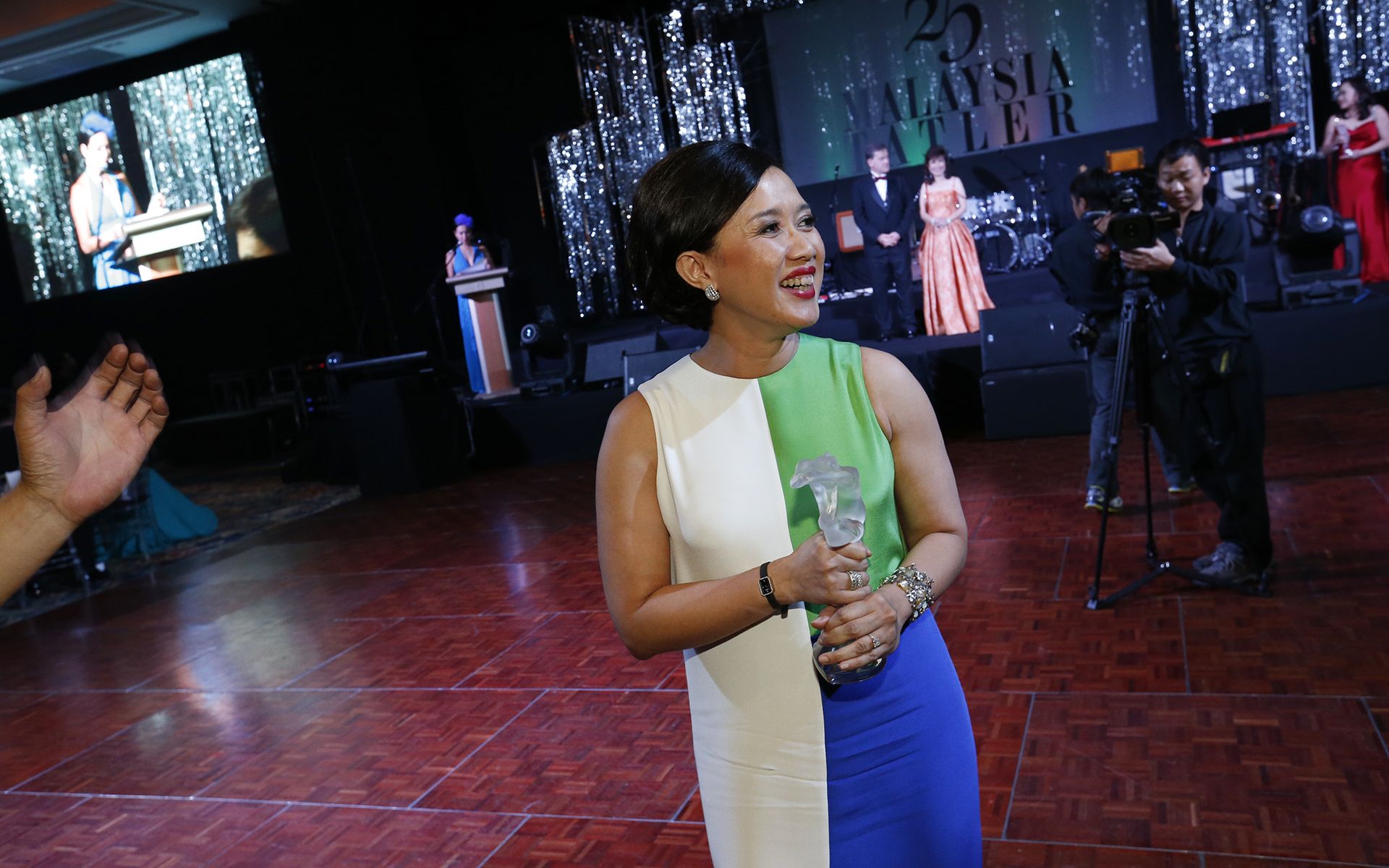The first step, according to Malaysia AIDS Foundation (MAF)’s Professor Dato’ Dr Adeeba Kamarulzaman and Andrew Tan of Kuala Lumpur AIDS Support Services Society (KLASS), is to break down all the walls of fear.
The race is on to end AIDS by 2030. Led by UNAIDS, countries are pooling together for a fast-track cure of this devastating epidemic. In Malaysia, prominent figures have invested and dedicated their lives to HIV causes – just recently, Tun Dr Siti Hasmah lent her power to a gala ceremony, with an award named after her. And that’s just one of countless fundraising events channeled to AIDS elimination. Recent studies show that AIDS-related deaths have decreased by half as of 2017, all thanks to advanced treatment as well as awareness. In a discussion with 2 proponents of HIV prevention in Malaysia, Andrew Tan; the vice president of KLASS, and Professor Dato’ Dr Adeeba Kamarulzaman; chairman of MAF, we tackled the hot topics under the Ending AIDS slogan, like how HIV tests work, where to get tested, and the life-saving advantages of early detection.

Let’s start by describing how HIV tests work, and what is involved?
Andrew: HIV tests check the presence of HIV antibodies in the bloodstream. These antibodies are the body’s natural defense mechanism. HIV screening tests can be done by drawing blood and testing it in a lab – Rapid Test Kits (RTKs) help accelerate results. Most RTKs involve pricking your finger and dropping a blood sample onto a testing window. Newer RTKs are as simple as swabbing between the teeth and gum. But these are only preliminary tests and still require blood-drawn confirmation tests in a hospital or clinic.
Prof Dato’ Dr Adeeba: The body’s HIV antibodies are produced in response to infection with the virus and help fight infection, too. They can be detected as early as 2 weeks in some people, and in more than 99.9% of people by 12 weeks. An antibody test at 4 weeks will detect 95% of infections.
See also: Best Of 2018: 10 Impactful Charity Events That Are Good As Gold



